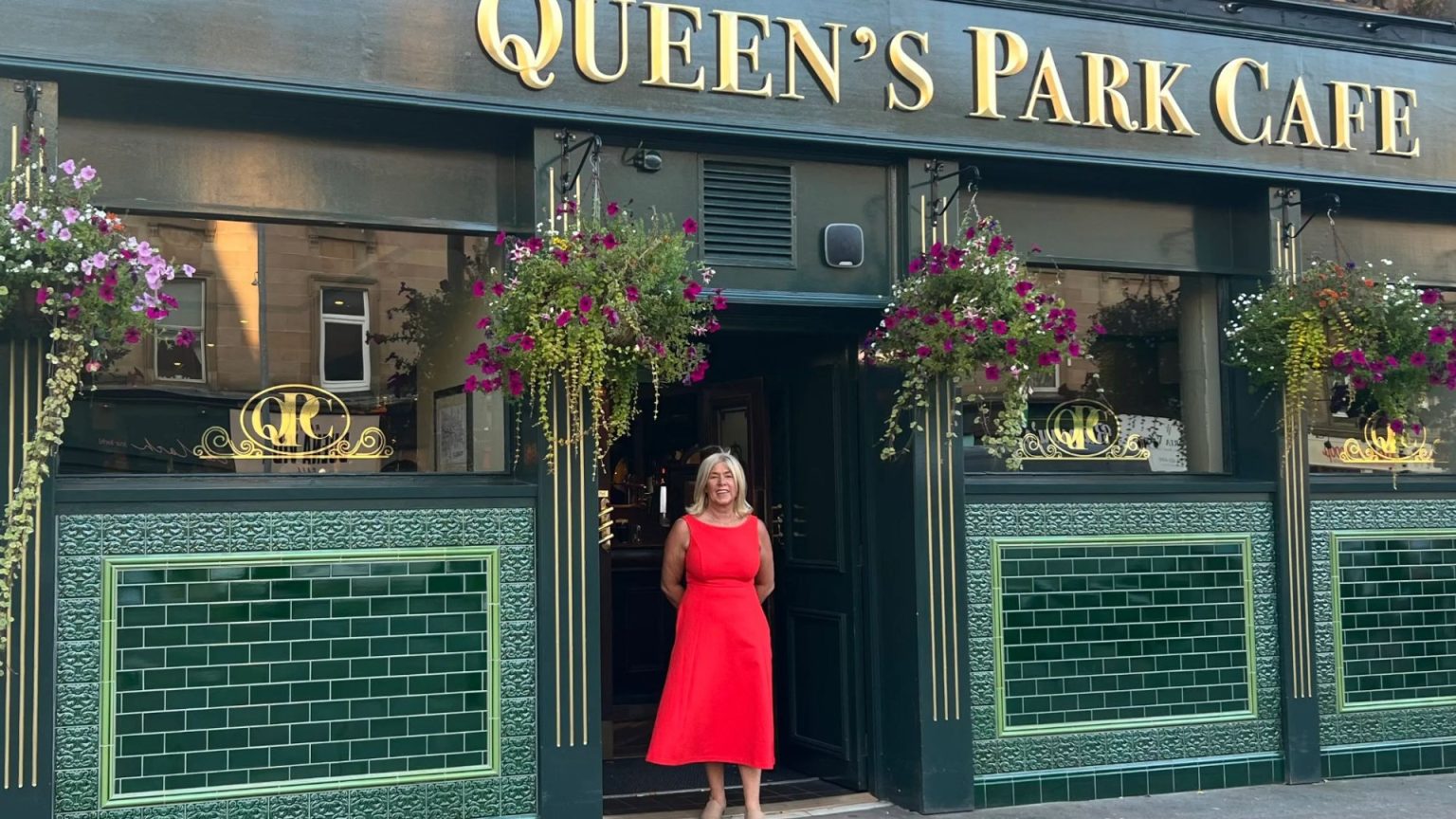The traditional pub industry, a cornerstone of British culture, is experiencing a period of significant transformation. While the overall number of pubs in England and Wales continues to decline, a new trend is emerging: a notable increase in women taking the helm as publicans and managers. This shift signals a potential revitalization of the industry, with women bringing fresh perspectives and approaches to pub management. This trend is driven by several factors, including the increasing recognition of pubs as essential community hubs and the growing support from pub chains actively encouraging female participation.
The decline in pub numbers highlights the challenges faced by the industry, including changing drinking habits, rising costs, and competition from other leisure activities. However, the simultaneous rise of female leadership offers a glimmer of hope. Women are increasingly viewed as bringing valuable skills to the pub trade, including strong interpersonal skills, a knack for creating welcoming atmospheres, and an ability to foster community spirit. This trend is further supported by research indicating that a significant portion of house buyers prioritize proximity to a good pub, emphasizing the continued importance of pubs in local communities. Mental health experts also champion the role of pubs as “third places,” providing spaces for social connection beyond work and home.
Women are not only running existing pubs but are also increasingly launching new venues. Although the percentage of new pubs started by women is still relatively small, the substantial growth in the number of female publicans and managers in recent years points to a significant shift in the industry landscape. Pub chains like Admiral Taverns are actively championing this change, with a majority of their pubs now managed by women. This proactive approach reflects a growing awareness of the benefits of diversity and inclusion within the pub trade. The success of these female-led establishments challenges traditional perceptions and demonstrates the potential for women to thrive in this sector.
The story of Annie Kane, a former mortgage advisor who transitioned to become a successful pub landlady, exemplifies this trend. Her experience highlights the appeal of the pub trade for women seeking a career change and the opportunity to build strong relationships within their communities. Kane’s view that women possess a particular aptitude for fostering community and creating welcoming environments resonates with the broader movement towards greater female representation in the pub industry. Her advice to aspiring female publicans emphasizes the importance of finding the right pub that aligns with individual personality and goals. This personalized approach is crucial for success in a trade that demands both business acumen and a genuine passion for community engagement.
Recognizing the value of mentorship and networking, several pub chains are implementing initiatives to support female publicans. Fuller’s, for example, hosts regular networking events, while Stonegate offers a female mentoring program. These programs provide valuable opportunities for women to share experiences, learn from each other, and build a strong support network within the industry. The Morning Advertiser, a leading trade publication, has also actively promoted female representation through its #EmbraceEquity campaign, further highlighting the growing momentum behind this movement. These combined efforts signify a concerted push to create a more inclusive and equitable environment within the pub industry.
Admiral Taverns, a major player in the pub sector, embodies this supportive approach, actively seeking new licensees, particularly women, who are passionate about creating inclusive community hubs. Their recruitment strategy focuses on individuals who value community engagement and possess the drive to create welcoming spaces. The company’s Proper Pubs division offers a simplified entry point for aspiring publicans, handling many of the operational details and providing a percentage of turnover to managers. This model lowers the barrier to entry for newcomers, making it more accessible for individuals with less experience to enter the trade. The initiative demonstrates a commitment to fostering a new generation of publicans and ensuring the long-term viability of community pubs.











